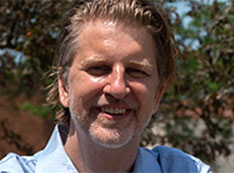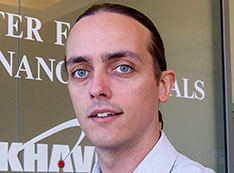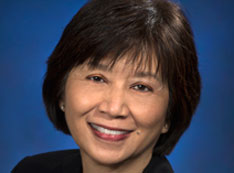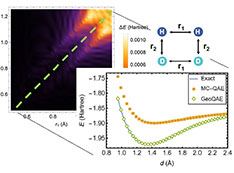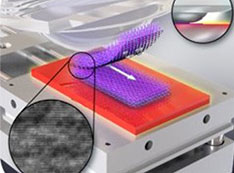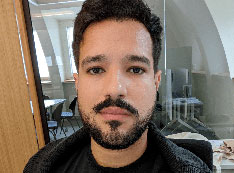A Message from Chuck Black
insights from the CFN Director
September 20, 2022
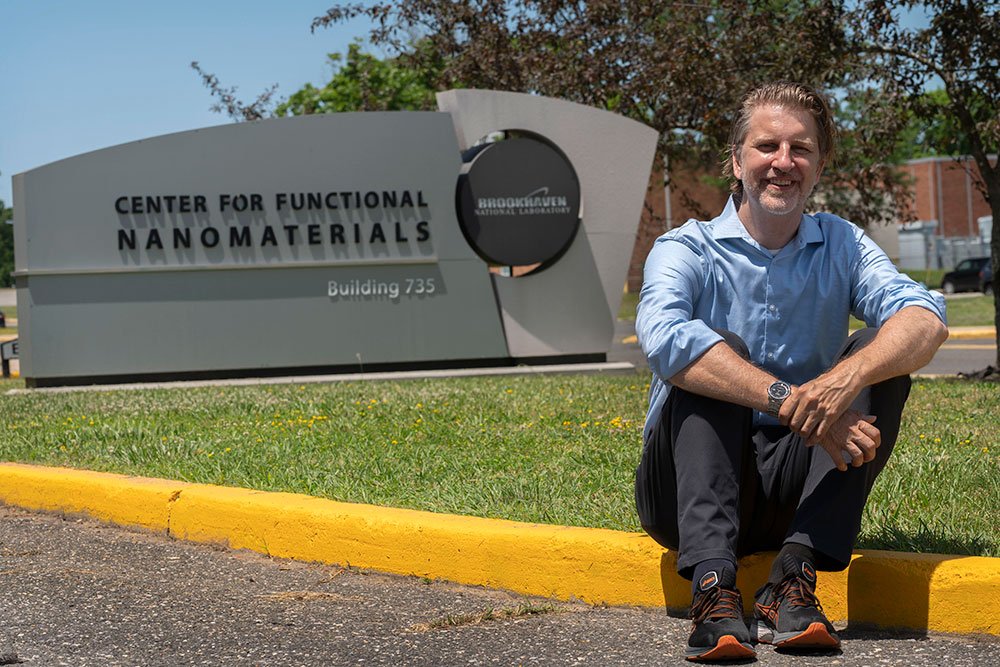
Chuck Black
This past week in CFN we hosted a meeting of our Scientific Advisory Committee (SAC)—a terrific group of ten accomplished scientists who know the CFN well and help us succeed in our nanoscience mission. Our SAC members asked us to think about difficult questions and gave us their honest opinions, as they do every time we meet.
We met in the CFN seminar room for two days, updating the SAC on our progress and especially discussing our plans to develop and support exciting new capabilities for the nanoscience community. This was the first time we’ve met with our SAC in-person since 2019! It was exhilarating to share the room together, feeling the energy as we traded thoughts and ideas. We are all excited about the future.
In reflecting on our SAC meeting, I am reminded of a time from my youth —when playing music was an important activity for me. At the time I was a fairly serious pianist, and also played clarinet and bass clarinet.
My favorite music activities were playing concerts with our full orchestra. I loved everything about them: The practices as we slowly learned the music. The camaraderie. The nervous energy backstage as we warmed up just before the event, everyone dressed up and ready. The bright lights as we walked onstage and took our seats. And the stillness in the auditorium as the conductor picked up the baton and held it, dramatically, preserving the silence for just a beat longer.
And then, we would play.
In those moments, I would feel like one part in a fantastic, music-making machine. All parts of the orchestra were working together in synchronicity, and as one. The drums pulsing—the engine driving us forward. The trumpets and winds singing the melody. The bass instruments laying the foundation. And the conductor, steering our machine and holding it together. The energy was powerful and made us giddy. In those moments, I was a part of something bigger than me—beautiful, and great. For me, those moments were sublime.
I can also remember our many orchestra practices, learning the music and how everyone’s parts fit together to make a whole. How all our contributions mattered. Sometimes in the early stages of learning a new piece, I would stop playing and just listen to the music all around me. I would be most tempted to stop when my part was difficult and I hadn't mastered it yet. It was easy for me to hide—I could move my fingers on my instrument and just not blow any air into it. No one, but me, would know I wasn't playing anything.
When I would listen during those stretches, the music didn't sound any different without my sound. Would it matter, then, whether I learned to play my difficult parts, or not?
"Don’t fake it," our conductor would admonish. Even though, to me, it seemed like maybe we could.
"Just don’t fake it."
In the end, we all tried to play. Somehow, we knew our orchestra could perhaps tolerate one of us, or a few of us, faking it—but not all of us.
In the many years since playing in that orchestra, I've found that in life we're almost always playing parts in different kinds of machines. In our relationships, in our communities, and in our work. Sometimes our parts are easy and sometimes they're difficult. Sometimes we're learning our parts for the first time. And other times, we've played them so many times we know them by heart.
In our SAC meeting this past week, there were moments I felt so similarly to when I was a young orchestra musician. I imagined us all as parts of an important nanoscience machine—working together to make discoveries in pursuit of a better tomorrow. I could feel it when I listened to the CFN group leaders present our accomplishments and ambitious plans. I could feel it when I watched our early-career scientists eagerly engage with SAC members during our facility tour, sharing their enthusiasm for their research. And I could feel it when I watched our SAC members exchanging science ideas with our staff, during dinner and late into the evening. We all have our parts to play, and all our contributions matter.
Let's all of us, CFN staff and users, recognize and embrace the specialness of being a part of something bigger than ourselves. Let's all play our parts the best we can, especially when they are difficult—and resist the urge to fake it. Because the work we're doing is important. Let's work together and make a difference.
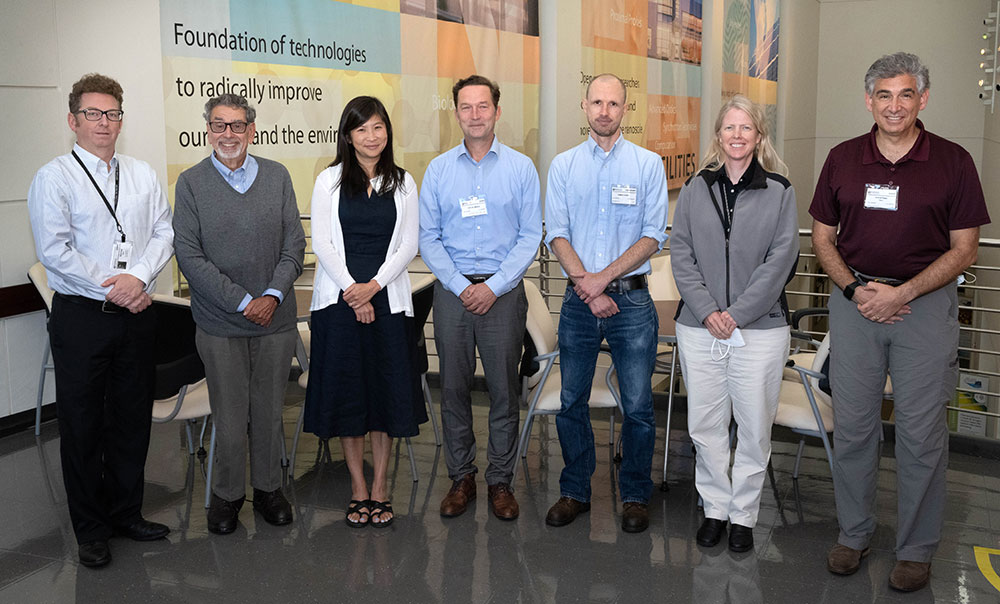
CFN 2022 Science Advisory Committee Meeting - SAC members (pictured left to right): Bryan Vogt, Leonard Feldman, June Lau, Hendrik Bluhm (Chair), Damon Farmer, Wendy Shaw, Andrew Rappe
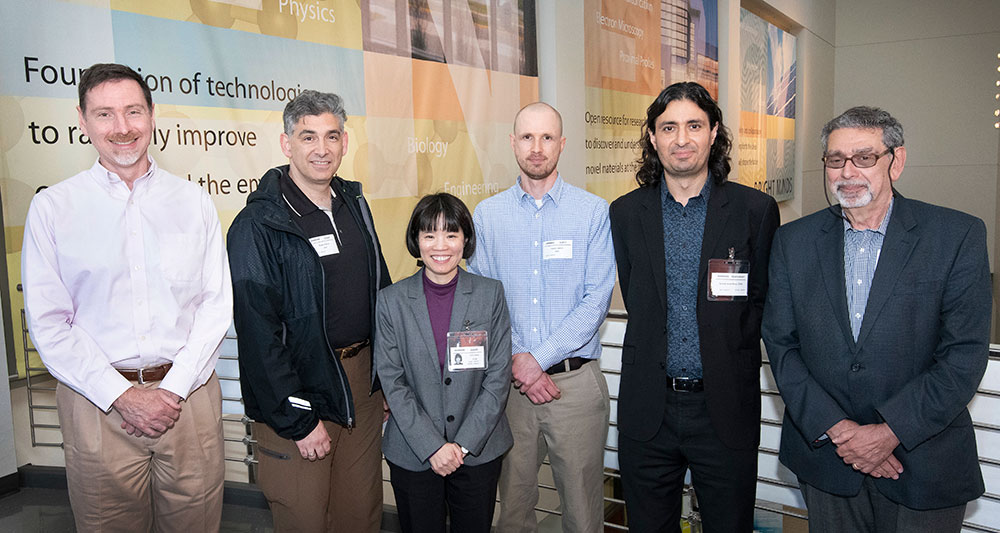
CFN 2019 Science Advisory Committee Meeting - SAC members (pictured left to right): Alex (James) Liddle, Andrew Rappe, Donna Chen, Damon Farmer, Sohrab Ismail-Beigi, Leonard Feldman
— Dr. Charles Black
Director, Center for Functional Nanomaterials
2022-20838 | INT/EXT | Newsroom




